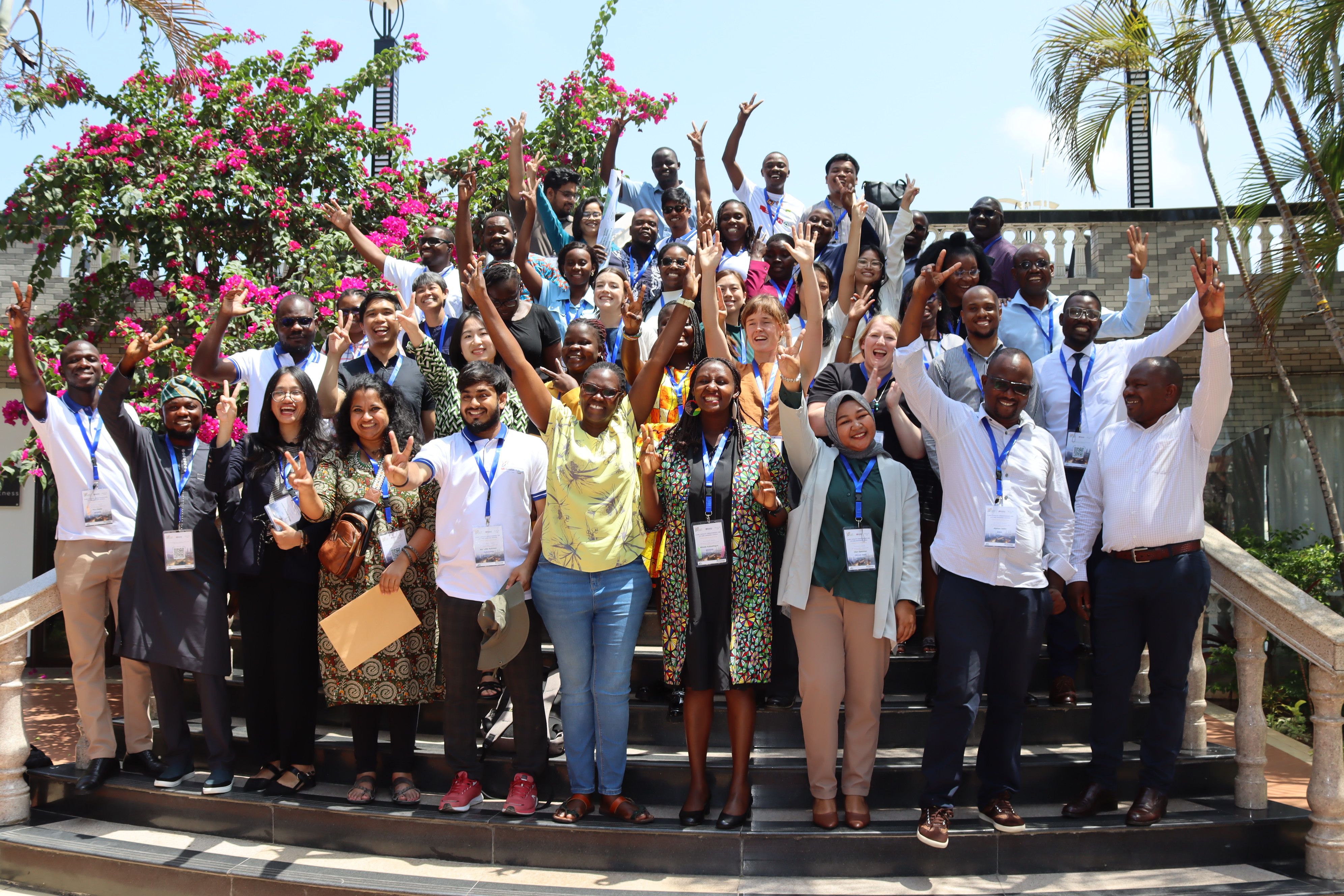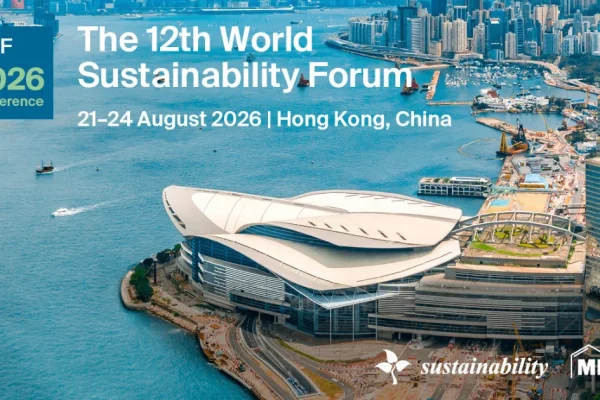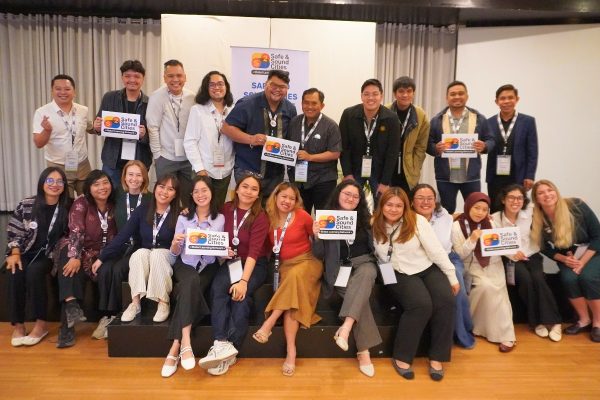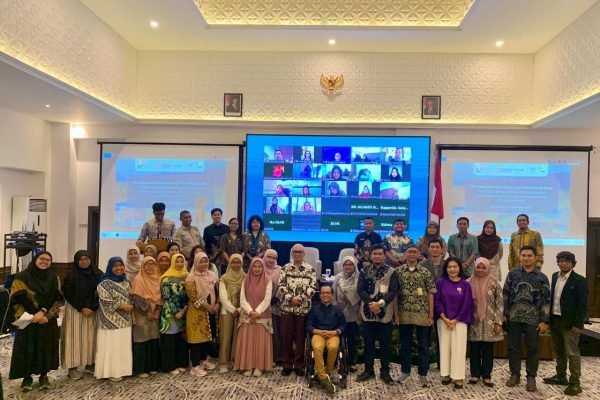Over 40 climate researchers and sustainable development practitioners from around the world gathered in Tanzania, East Africa from 24-28 February 2025 for the CLARE Capacity Strengthening Hub (CS Hub) Seasonal School. Carrying the theme “Critical Thinking and Collaborative Research,” the comprehensive five-day program provided a platform for knowledge-sharing, skill-building, and cross-regional collaboration for early career researchers (ECRs) working on climate change adaptation efforts.
The participants from 18 countries—including from Asia, Africa, and other regions— explored various innovative approaches to climate research through interactive workshops, field visits, and expert-led discussions.
ICLEI Southeast Asia joined the CS Hub Seasonal School through its Communication Head, Chris Noel Hidalgo, and Indonesia Membership and Communications Officer, Juniarti Elisabeth Sinaga. They represented the Enhancing local capacities in socially inclusive resilience in Asia (SIRA) project.
Below are five key takeaways from the experience.
- South-south exchanges spark innovative solutions
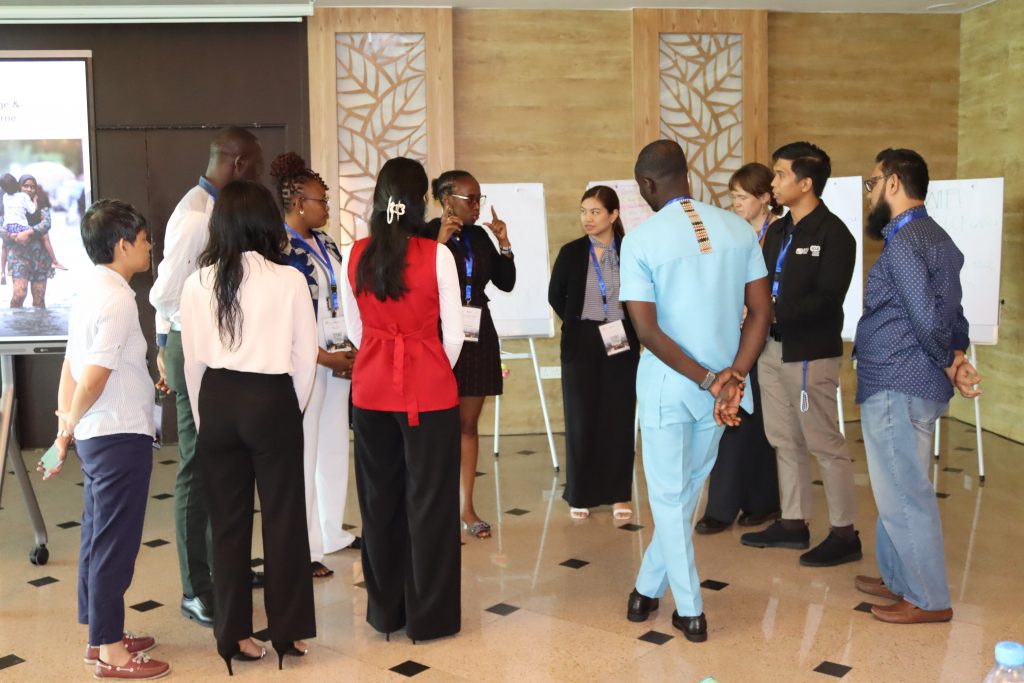
The Seasonal School was characterized by South-South exchanges and collaboration. Researchers and practitioners were able to share their experiences in tackling climate challenges within their local contexts. These included discussions on climate research methodologies, research ethics, and policymaking. ICLEI Southeast Asia was able to share its experiences in influencing local government policies through its work on the Safe and Sound Cities (S2Cities) programme with Baguio City and Naga City, Philippines and the RE-Start project with Eastern Samar, Philippines, among other engagements.
Through identifying shared challenges and leveraging collective expertise across different geographical settings, the participants were able to identify promising solutions that they can adapt in their own contexts.
- Research is a vital catalyst for policy and programmatic change
The sessions also reinforced the importance of ensuring that research is not just an academic pursuit; but rather, that it is able to meaningfully inform climate programs and policies. A participant-led panel discussion tackled how to turn research into policy, underscoring the need for stronger engagement with policymakers throughout the entire research process. A critical point that was brought up was for researchers to align their work with governmental policy windows to heighten the levels of support, adoption, and influence that these can have.
- Research must be communicated contextually and effectively for societal impact
A dedicated day on research dissemination saw the participants going through a crash course on communicating findings in an accessible, engaging, and impactful way. Effective communication was also highlighted as an essential skill for researchers who want to engage grassroots communities and organizations, government decision-makers, private sector actors, and funding agencies—stakeholders who may not necessarily have the technical expertise to understand research outcomes but are key players in ensuring their meaningfulness. These communicative techniques include developing infographics, policy briefs, videos, comics, posters, and other creative derivates of technical research work.
- Embracing innovative research methodologies
To address the rapidly evolving challenges of climate change, participants were encouraged to adopt innovative research methodologies. The Seasonal School shortlisted some, including photovoice, which involves capturing climate risks through photos and stories; transect walks, which involve systematically observing climate issues on the ground; participatory geographic information systems (GIS), which involve drawing and mapping climate issues; surveys and focus group discussions (FGDs), which involves stakeholder interviews; and narrative-based and historical climate reviews, which involve analyzing climate events through local narratives.
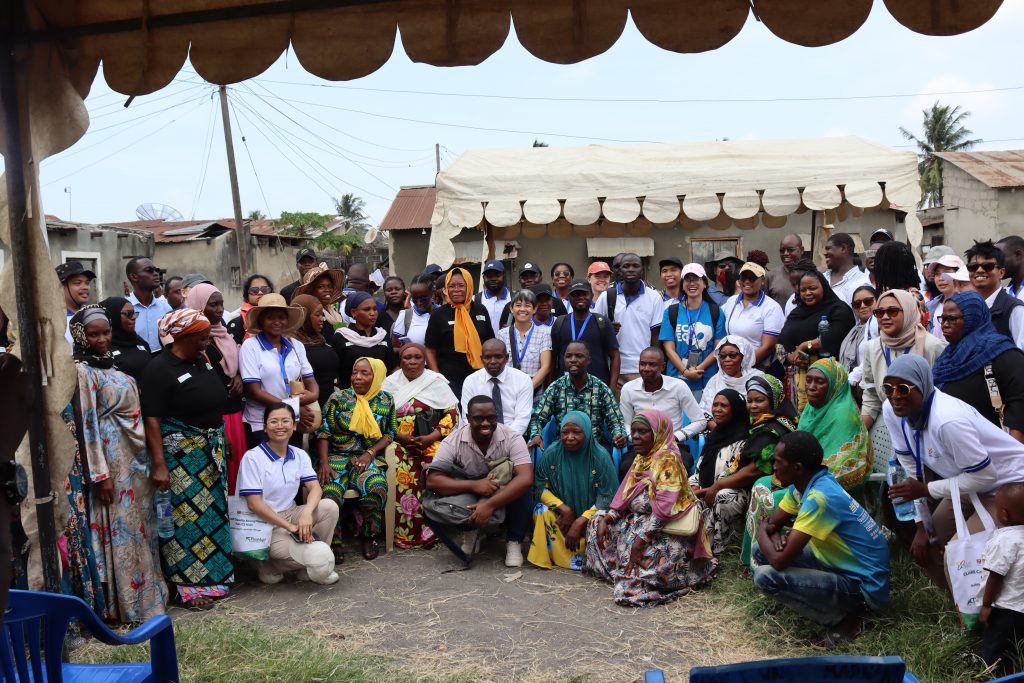
The participants were tasked to utilize one of the above methodologies in developing a rapid climate risk and vulnerability assessment (CRVA) of the Mji Mpya and Kombo settlements in Dar Es Salaam. During the visit to the settlements, the participants were also able to hear resident perspectives on the Developing Risk Awareness through Joint Action (DARAJA) and Decentralised Wastewater Treatment Systems (DEWATS) projects implemented by the Centre for Community Initiatives (CCI) and the Tanzania Urban Poor Federation.
The experience reinforced that research must be dynamic, inclusive, and reflective of and responsive to on-the-ground realities.
- Ethics as a key consideration throughout climate research
Ethics in climate research emerged as a recurring theme, particularly around data collection, community engagement, and stakeholder participation. A dedicated session on research ethics provided insights and surfaced experiences on navigating power dynamics, ensuring informed consent, and upholding principles of fairness and inclusivity.
The 2025 CLARE CS Hub Seasonal School was organized by the African Centre for Technology Studies (ACTS) and PlanAdapt and held as part of the Climate Adaptation and Resilience (CLARE) program funded by UK Aid through the Foreign Commonwealth and Development Office (FCDO), and co-funded by the International Development Research Centre (IDRC), Canada. Learn more about CLARE via https://clareprogramme.org/.
Photos from the African Centre for Technology Studies (ACTS).

